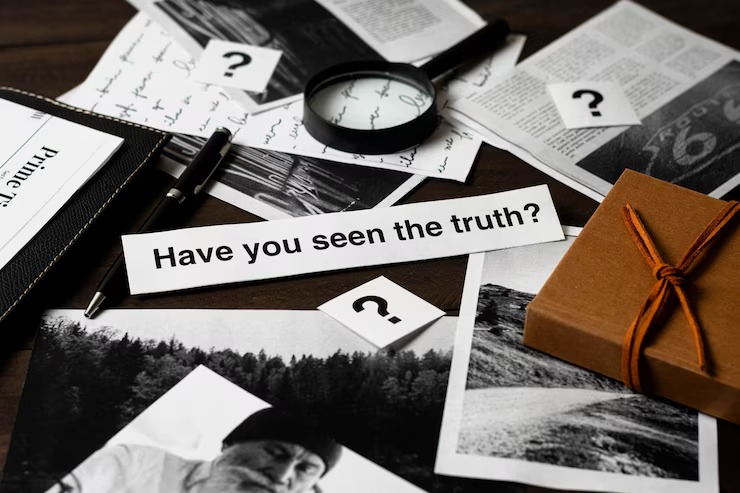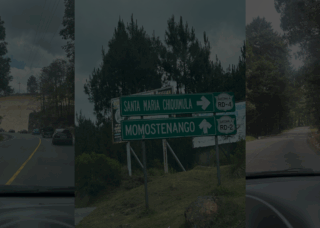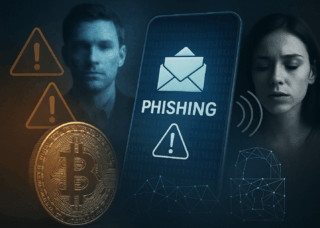Private investigators play a crucial role in uncovering truths and resolving complex issues that might otherwise remain hidden. According to a report by IBISWorld, the private investigation industry in the U.S. generates over $8 billion in revenue annually, highlighting the significant demand for these services. Private investigators (PIs) provide invaluable services to individuals, corporations, and legal entities.
In this article, we are going to be discussing what private investigation is, the role of private investigators, the types of investigations they conduct, and why their services are indispensable.
What is Private Investigation?
A private investigation involves the thorough gathering of information, evidence, and intelligence for clients. Unlike police investigations, which are typically public and conducted by law enforcement agencies, private investigations are confidential and cater to private clients, including individuals, businesses, and attorneys.
When you need to uncover the truth about someone or something, a private investigator can help. Private investigators, often referred to as “surveillance experts,” use tools like hidden cameras and listening devices to gather evidence. They conduct interviews, write reports, and sometimes follow individuals to observe their activities.

Types of Private Investigators
There are several different types of private investigators, each with their own areas of expertise and focus. Some common types of private investigators include:
- Criminal investigators:These private investigators focus on investigating crimes and gathering evidence for use in criminal cases. They may work for law firms, private companies, or individuals to gather and analyze information related to criminal activities.
- Corporate investigators:These private investigators are hired by businesses to conduct investigations related to corporate fraud, employee theft, or other internal matters. They may also be hired to conduct background checks on potential employees or investigate suspected intellectual property theft cases.
- Personal investigators:Personal investigators are hired by individuals to conduct investigations into personal matters, such as infidelity, child custody disputes, or missing persons cases.
- Fraud investigators:Fraud investigators are hired by businesses or individuals to investigate suspected fraud cases, such as insurance fraud, credit card fraud, or investment fraud.
- Forensic investigators:Forensic investigators specialize in collecting and analyzing physical evidence, such as fingerprints, DNA, and other forensic evidence, to solve crimes or assist in legal cases.
- Technical surveillance countermeasures (TSCM) investigators:TSCM investigators, also known as bug sweep investigators, specialize in detecting and locating electronic surveillance devices, such as hidden microphones and cameras. Businesses or individuals often hire them to conduct bug sweep investigations to protect against electronic surveillance threats.
- Computer/Cybercriminal Experts: These are individuals with extensive computer backgrounds and training to successfully track and explain computer crimes in court.
Private investigators often assume specialized roles to provide targeted services:
- Surveillance Experts: Skilled in monitoring and observing subjects to gather crucial evidence.
- Legal Investigators: Work closely with attorneys to collect information and evidence for legal cases.
- Insurance Investigators: Verify the legitimacy of insurance claims to prevent fraud.
- Background Check Specialists: Conduct thorough background checks for employment, tenancy, or personal purposes.
Requirements to Become a Private Investigator
To become a private investigator, you must meet the following requirements:
- Age and Citizenship: Be 18 years old or older and a U.S. citizen.
- Education: Have a high school diploma or GED.
- Background Check: Pass a criminal background check.
- Drug Test: Pass a drug test.
While specific driving record requirements may vary by state, some states may require a clean record for six months prior to application. The drug and criminal background checks can vary depending on your expertise. For example, computer hackers with relevant skills may work as private investigators despite having a background that might otherwise preclude certification.
Additionally, unlike police detectives who carry badges, private investigators must be licensed by their state, which involves meeting educational and experience requirements and passing an exam.
What Happens During a Private Investigation?
Private investigations are conducted for the client’s benefit and not for public dissemination. An effective investigation involves gathering and analyzing evidence to draw conclusions about the subject.
The process begins with research, either online or through interviews with knowledgeable sources. Once enough preliminary information is gathered, investigators interview witnesses and subjects. These interviews help build a comprehensive picture of the issue and its impact on those involved.
Learn more about what happens during a private investigation here.
Where Do Private Investigators Work?
Private investigators can work for government agencies, law firms, corporations, and individuals. Although most private investigators are not licensed to carry firearms, they often possess specialized training and authorization relevant to their assignments.
Private investigators can be hired by lawyers, insurance companies, or individuals seeking information about someone else’s activities. The goal of a private detective is to gather enough information to enable informed decisions or legal actions if necessary. The evidence collected is often crucial for timely and decisive action.
Who Hires Private Investigators?
Private investigators are hired by attorneys, insurance companies, business owners, and individuals to investigate various situations. Law enforcement agencies may also hire them for information that private individuals or corporations cannot provide.
For example, an attorney might hire a private investigator to gather objective evidence to present in court. Similarly, an insurance company might hire a private investigator to verify claims before processing payments.
FAQs about Private Investigations
What is the meaning of private investigation?
Private investigation involves gathering information and evidence on behalf of clients for legal, personal, or business matters.
What is the purpose of a private investigator?
The purpose of a private investigator is to uncover facts and gather evidence to assist clients in making informed decisions or taking legal action.
What are the principles of private investigation?
The principles of private investigation include confidentiality, thoroughness, legality, and objectivity in gathering and analyzing evidence.
What is the difference between a police detective and an investigator?
A police detective works within a law enforcement agency to solve crimes and enforce the law, while a private investigator operates independently or for private firms to conduct investigations for clients.
Are Private Investigators Lawyers?
Private investigators are not typically lawyers. They are usually individuals with backgrounds in law enforcement or security. While some private investigators may have legal training or even be licensed attorneys, this is rare. Agencies may occasionally hire an attorney as part of their investigative team, but these attorneys generally work outside the office environment.
Private investigators gather evidence for court cases or administrative matters and may consult with attorneys on specific legal issues related to their investigations.
Are private investigators secretive?
Private investigators follow strict ethical guidelines and legal standards to maintain confidentiality and protect their clients’ privacy. Private investigators work in secrecy to protect the client’s privacy.
Can private investigators testify in court?
Yes, private investigators can testify in court about the evidence they have gathered and their investigative methods.
This brings us to the end of our guide. We hope you found this useful!
Work with Our Professional Team
Private investigators possess the skills, technology, and tools to uncover the truth behind any situation. If you need to gather evidence for your case, our team at Privin Network is equipped to help. We have the experience, background, and expertise to handle your case with the utmost sensitivity and attention to detail.
For details about how we can help you, please visit our Services Page.






